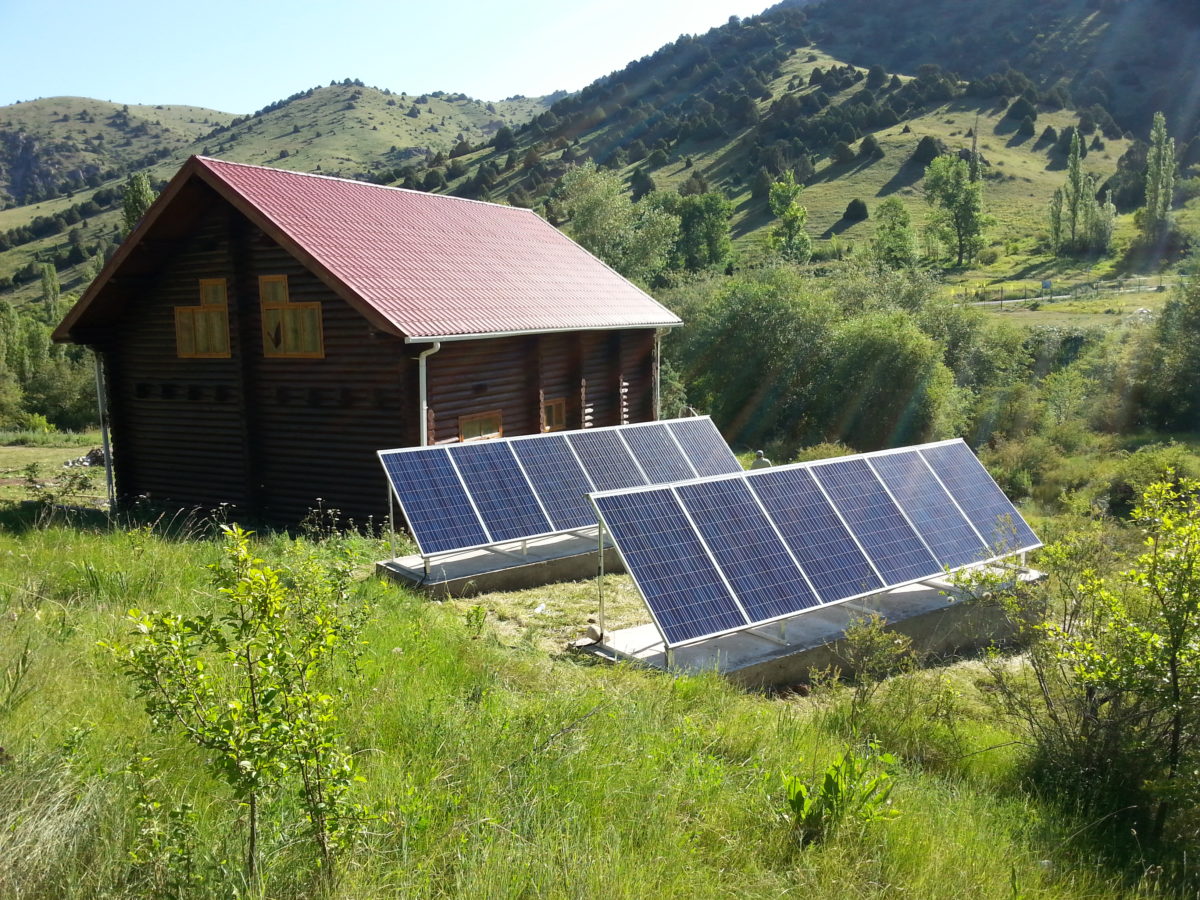The government of Bangladesh is bidding to attract more partner companies to participate in its ‘Taka’ program, which aims to bring renewable energy street lighting, cooking stoves and household electricity to every off-grid community in the nation.
State-run renewable energy finance body the Infrastructure Development Company Ltd (IDCOL) has already overseen the installation of more than 1.2 million clean energy systems since 2016 by working with 58 Bangladeshi partner organizations on the program.
With rural off-grid communities receiving household-level solar home systems, community solar projects, solar street lights and biogas and solar-powered cookers under the scheme, IDCOL wants more NGOs, micro-finance companies and even private companies to come on board.
The government is bankrolling installation of the clean energy systems as it aims for renewables to supply 10% of the nation’s electricity.
Requirements
Interested organizations must have a “successful track record and experience in installation of solar energy systems”, IDCOL has stated, specifying they should be profitable; have at least three years’ experience of rolling out solar energy programs; and have installed at least 2,000 solar home systems, 500 solar street lights, 50 net metered solar rooftop arrays with minimum generation capacities of 10 kWp; or any combination thereof.
Interested organizations must also be registered with appropriate regulatory authorities. Private concerns organized under the laws of Bangladesh and incorporated with the registrar of Joint Stock Companies will also be considered.
Participating organizations will be expected to supply and install clean energy systems as per IDCOL requirements, provide a three-year warranty and service the equipment for three years free of charge.
Industry benefit
With the government hoping to appoint a Taka partner organization for every off-grid sub-district in the country, it is anticipated demand will be raised for Bangladeshi solar system manufacturers and engineering, procurement and construction services providers.
Dipal C Barua, whose Bright Green Energy Foundation is one of the Taka partner organizations, said the solar home systems supplied under the initiative have a typical generation capacity of 20-30 W.
The Bright Green company usually supplies such systems to off-grid customers who pay for them under a monthly payment plan but Barua, who is also president of the Bangladesh Solar and Renewable Energy Association, confirmed the Taka scheme involved supplying systems free of charge.
“The benefit of the program is [to] marginal people who do not have capacity to buy solar home [systems]. [They] are getting access to the electricity under the initiative,” he said.
This content is protected by copyright and may not be reused. If you want to cooperate with us and would like to reuse some of our content, please contact: editors@pv-magazine.com.



5 comments
By submitting this form you agree to pv magazine using your data for the purposes of publishing your comment.
Your personal data will only be disclosed or otherwise transmitted to third parties for the purposes of spam filtering or if this is necessary for technical maintenance of the website. Any other transfer to third parties will not take place unless this is justified on the basis of applicable data protection regulations or if pv magazine is legally obliged to do so.
You may revoke this consent at any time with effect for the future, in which case your personal data will be deleted immediately. Otherwise, your data will be deleted if pv magazine has processed your request or the purpose of data storage is fulfilled.
Further information on data privacy can be found in our Data Protection Policy.